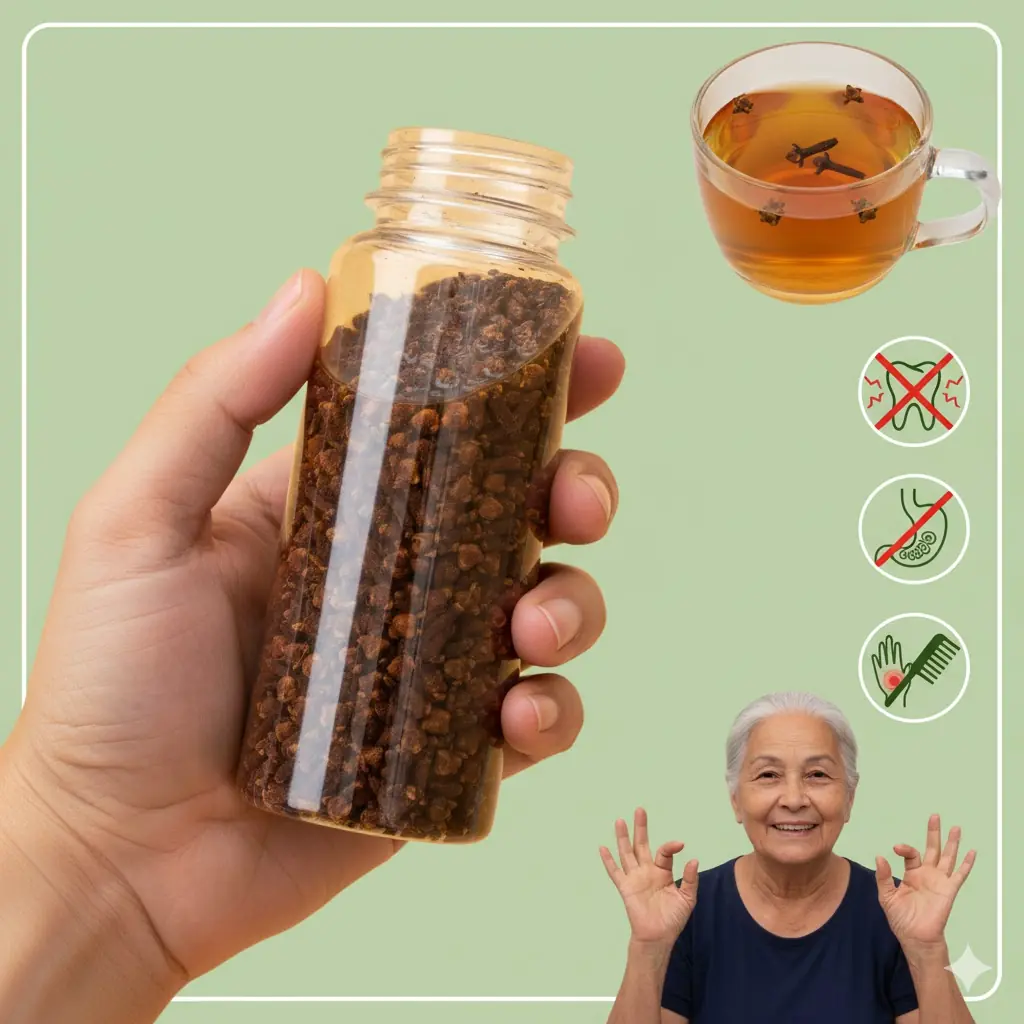
The #1 Anti-Cancer Food You're Not Eating (But Should!)

Foods That Help Fight Inflammation and May Prevent Cancer
Key Takeaways
Chronic Inflammation and Cancer:
Chronic inflammation plays a significant role in the development of many types of cancer. When inflammation becomes long-lasting, it can damage healthy cells and tissues, potentially causing DNA mutations. These mutations may eventually lead to uncontrolled cell growth and cancer. Fortunately, choosing the right foods can help reduce chronic inflammation and lower your risk of cancer.
Top Anti-Inflammatory Foods and Their Health Benefits
1. Leafy Greens
Examples: Kale, spinach, Swiss chard, collard greens.
Why they help: These dark green vegetables are nutritional powerhouses. They contain a wide range of antioxidants like vitamin C, vitamin E, and beta-carotene, which help neutralize harmful free radicals. Their high fiber content supports a healthy gut microbiome, which plays a key role in controlling inflammation and boosting immune function. Regular consumption may also help regulate blood sugar and cholesterol levels, further reducing cancer risk.
2. Spices
Examples: Ginger, turmeric, garlic, cayenne pepper.
Why they help: These spices are rich in bioactive compounds with strong anti-inflammatory properties. For example, turmeric contains curcumin, and ginger contains gingerol—both of which have been shown to reduce inflammation and inhibit the growth of cancer cells in lab studies. Garlic also supports immune function and may help slow the progression of some cancers due to its sulfur-containing compounds.
3. Fruits
Examples: Berries (blueberries, strawberries, raspberries), pomegranate.
Why they help: Berries and pomegranates are loaded with antioxidants, particularly polyphenols and anthocyanins, which protect cells from oxidative stress. These fruits also have anti-inflammatory effects and may lower the risk of chronic diseases, including cancer and cardiovascular conditions. They also help maintain a healthy weight, which is critical in cancer prevention.
4. Seeds and Nuts
Examples: Flaxseeds, chia seeds, walnuts.
Why they help: These seeds are high in omega-3 fatty acids and lignans, which reduce inflammation and support hormonal balance. Walnuts are especially beneficial because they also contain polyphenols that combat oxidative stress. Adding a handful of these to your daily meals can help improve heart health and reduce the chances of cancer development, particularly breast and colon cancer.
Benefits of an Anti-Inflammatory Diet
-
Reduces Chronic Inflammation: Many of these foods contain compounds that naturally calm the body’s inflammatory response.
-
Protects Against Oxidative Stress: Antioxidants help neutralize free radicals, reducing the risk of cellular damage and mutation.
-
Strengthens Immune Function: A strong immune system is essential in fighting off infections and detecting abnormal cell growth early.
-
Supports DNA Repair: Some nutrients actively assist in the repair of damaged DNA, reducing cancer risk and promoting healthy cell regeneration.
-
Improves Gut Health: Fiber-rich, plant-based foods foster a healthy microbiome, which in turn regulates inflammation and supports the immune system.
Highlighted Anti-Inflammatory Foods and Their Unique Benefits
Ginger
How it helps: Ginger contains gingerol, which offers both anti-inflammatory and antioxidant effects. It helps alleviate muscle soreness, joint pain, and digestive discomfort.
Uses: Can be consumed fresh, powdered, or brewed into tea. Also available in capsules and tinctures.
Additional Benefits: Boosts metabolism, relieves nausea, and may suppress cancer cell growth, particularly in gastrointestinal cancers.
Turmeric
How it helps: Curcumin, turmeric’s main active ingredient, is well-known for its ability to suppress inflammation at the molecular level. Studies suggest it can reduce the size of tumors and inhibit cancer cell proliferation.
Uses: Use in cooking, golden milk, or as a supplement (preferably with black pepper to enhance absorption).
Additional Benefits: Supports mental health, relieves joint pain, and improves circulation.
Castor Oil
How it helps: Known for its powerful anti-inflammatory and detoxifying properties, castor oil enhances lymphatic drainage and blood flow, helping the body remove toxins.
Uses: Applied topically to reduce inflammation, support detoxification, or relieve joint and muscle pain.
Additional Benefits: Promotes skin healing, supports immune function, and may reduce inflammation-related discomfort like menstrual pain.
Dietary Guidelines for Reducing Inflammation and Preventing Cancer
Avoid Pro-Inflammatory Foods
Stay away from processed foods, sugary snacks and drinks, refined carbs, and trans fats. These foods can trigger or worsen inflammation and are associated with a higher risk of cancer and other chronic diseases.
Embrace Anti-Inflammatory Eating Habits
Build your meals around whole, unprocessed foods. Prioritize colorful fruits and vegetables, healthy fats like olive oil and avocados, whole grains, lean proteins, and fermented foods for gut health.
Lifestyle Habits That Complement an Anti-Inflammatory Diet
1. Regular Physical Activity
Why it helps: Exercise reduces inflammation by regulating hormones, improving blood flow, and supporting healthy weight management.
Tip: Aim for 30 minutes of moderate-intensity activity at least 5 days a week—walking, cycling, swimming, or yoga are excellent choices.
2. Stress Management
Why it helps: Chronic stress elevates cortisol levels, which contributes to systemic inflammation.
How to manage: Use techniques like mindfulness, meditation, deep breathing, or spending time in nature to relieve mental and emotional stress.
3. Quality Sleep
Why it helps: Poor sleep increases inflammatory markers and weakens the immune system.
Recommendation: Prioritize 7–9 hours of restful sleep per night. Establish a bedtime routine, reduce screen time before bed, and maintain a consistent sleep schedule.
Conclusion
Incorporating anti-inflammatory foods such as leafy greens, fruits, spices, and healthy fats into your daily meals is a proactive step toward preventing chronic diseases, especially cancer. Combined with regular exercise, effective stress management, and sufficient sleep, these dietary changes can significantly improve your overall health.
Avoiding processed and inflammatory foods while focusing on whole, nutrient-rich options empowers your body to stay balanced, resilient, and well-protected against inflammation-driven illnesses. Small daily choices can create long-term benefits—starting with what you put on your plate.
News in the same category


Old Doctor’s Secret: Combine Dates and Papaya to Tackle These 10 Health Problems

Why So Many People Are Choosing Natural Ingredients for Skincare

The Breuss 42-Day Juice Therapy: An Evidence-Based Look at a Controversial Regimen
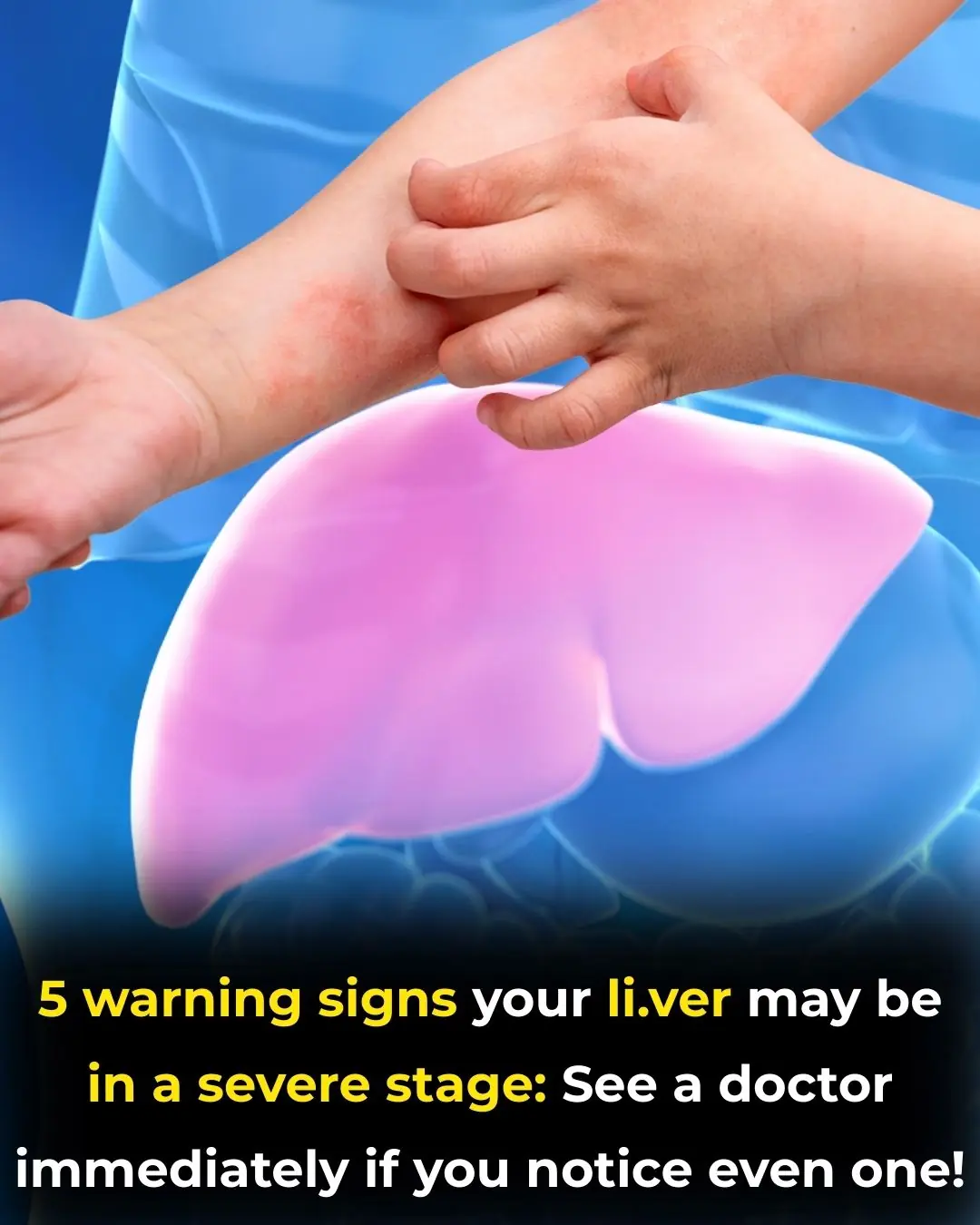
That Nagging Symptom You Keep Ignoring? Your Body Is Trying to Tell You Something.

10 Bizarre Home Remedies

See if you fall into this group!

Heart Surgeon’s Hidden Secret: Eat This Daily to Boost Cardiac Health!

More people are dying from heart failure, doctors warn: give up these 4 habits now

Claim: a juice regimen reportedly cleared can:cer cells in 42 days

FDA-Approved Eye Drops Offer a Non-Surgical Alternative for Age-Related Vision Loss

Recognizing a Stroke Fast

Foamy Urine: Here’s Why You Have Bubbles in Your Urine
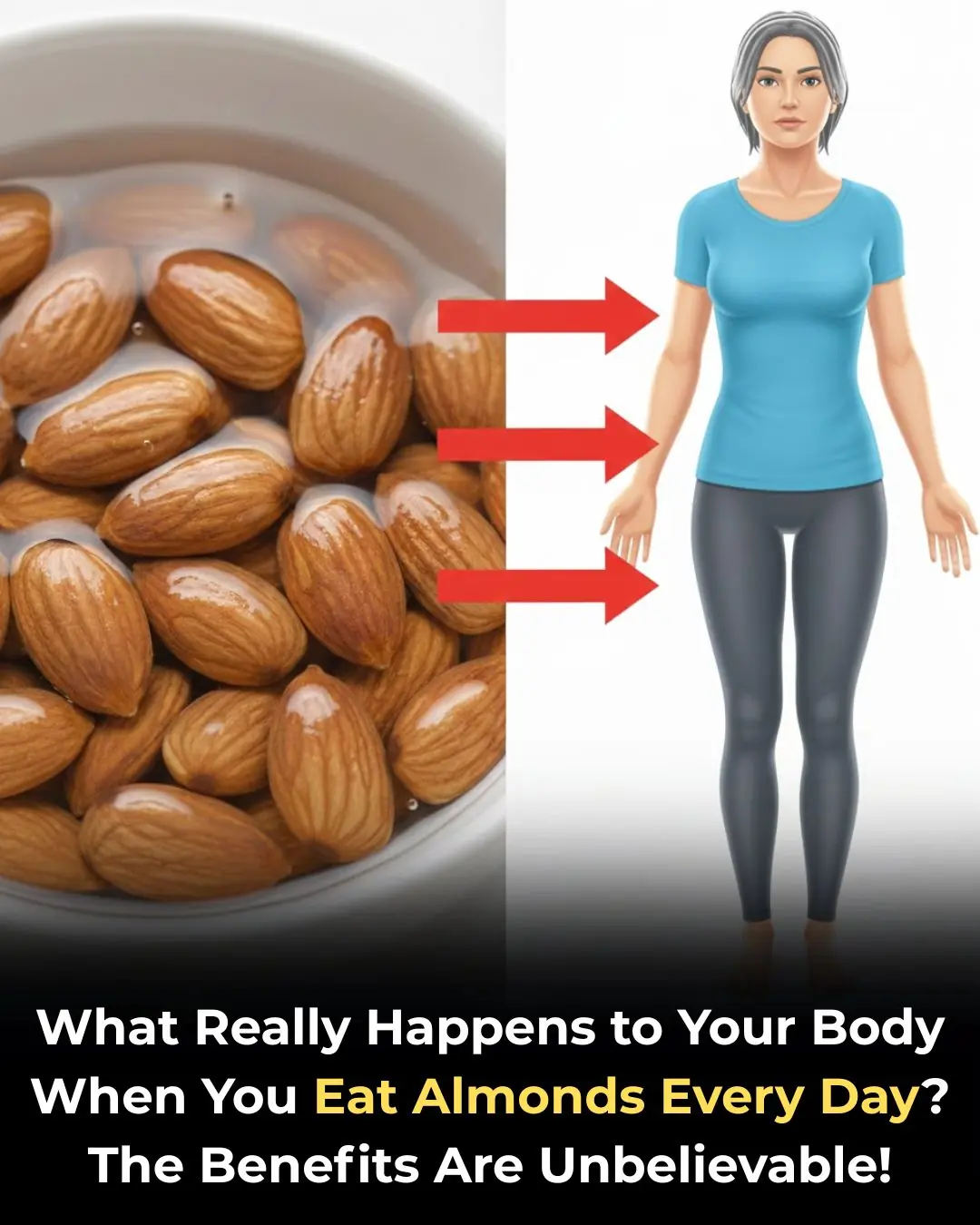
Why Almonds Are So Good for You: Health Benefits of Almonds Backed by Science

How to Naturally Increase Estrogen Levels
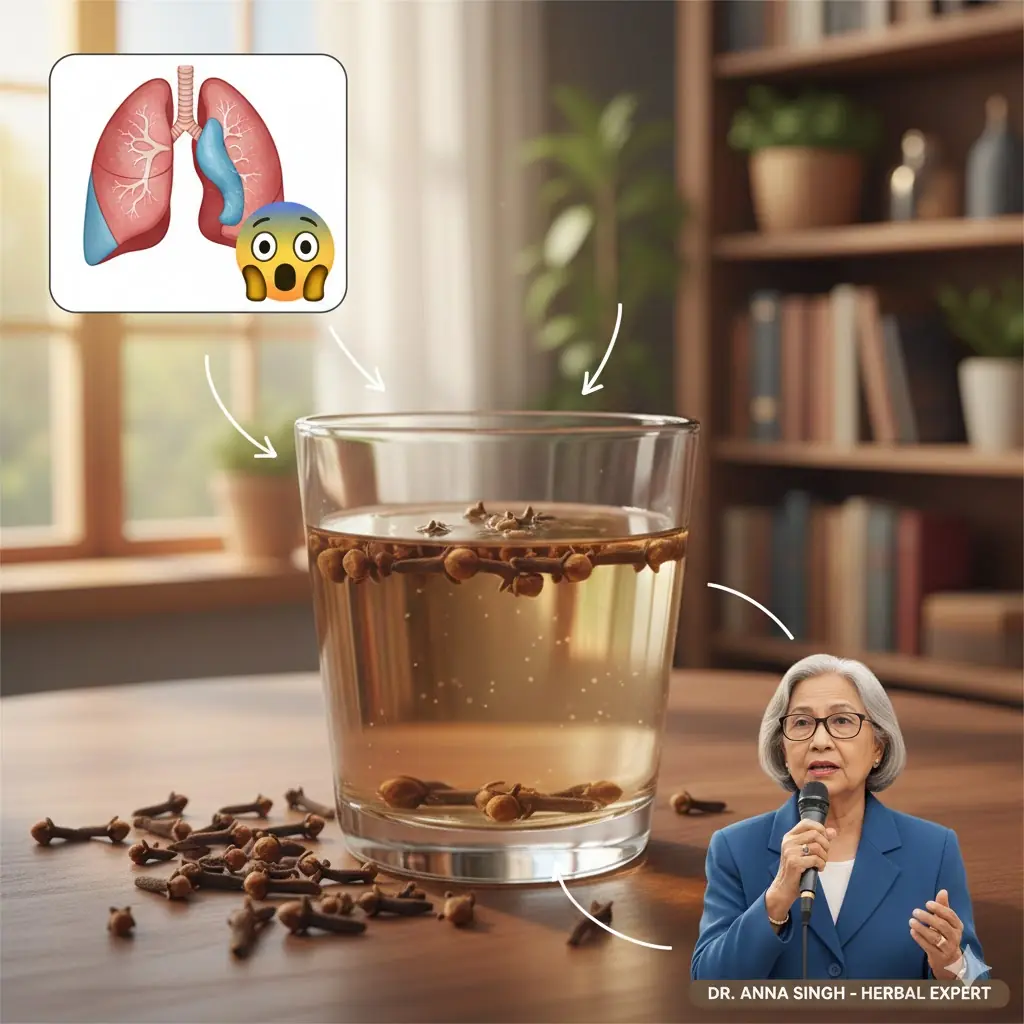
Unexpected health benefits of chai spices you may not be aware of

Homemade Pumpkin Remedies for High Blood Sugar, Cholesterol, and Artery Health

Apple, Mango, and Cucumber Juice for Weight Loss: The Natural Drink That Helps Reduce Bloating and Support Fat Burning

Say Goodbye to Gray Hair with Garlic and Cloves: A Powerful Natural Remedy

Stop Wasting Money on Pest Poisons: Discover If Toothpaste Can Really Help Keep Mice, Cockroaches, and Ants Away
News Post

Mother-In-Law Strips Bride Naked—Then Learns Who Her Father Really Is

Small but Mighty: The Magic of Clove and Goron Tula Water

Karen Throws Coffee At Teen Barista—Then Her Dad Walks Out

Old Doctor’s Secret: Combine Dates and Papaya to Tackle These 10 Health Problems

Why So Many People Are Choosing Natural Ingredients for Skincare

Blogs Is He a Foe… or an Ally

Bully Hits Girl at Lunch—Cafeteria Lady’s Response Shocks Everyone
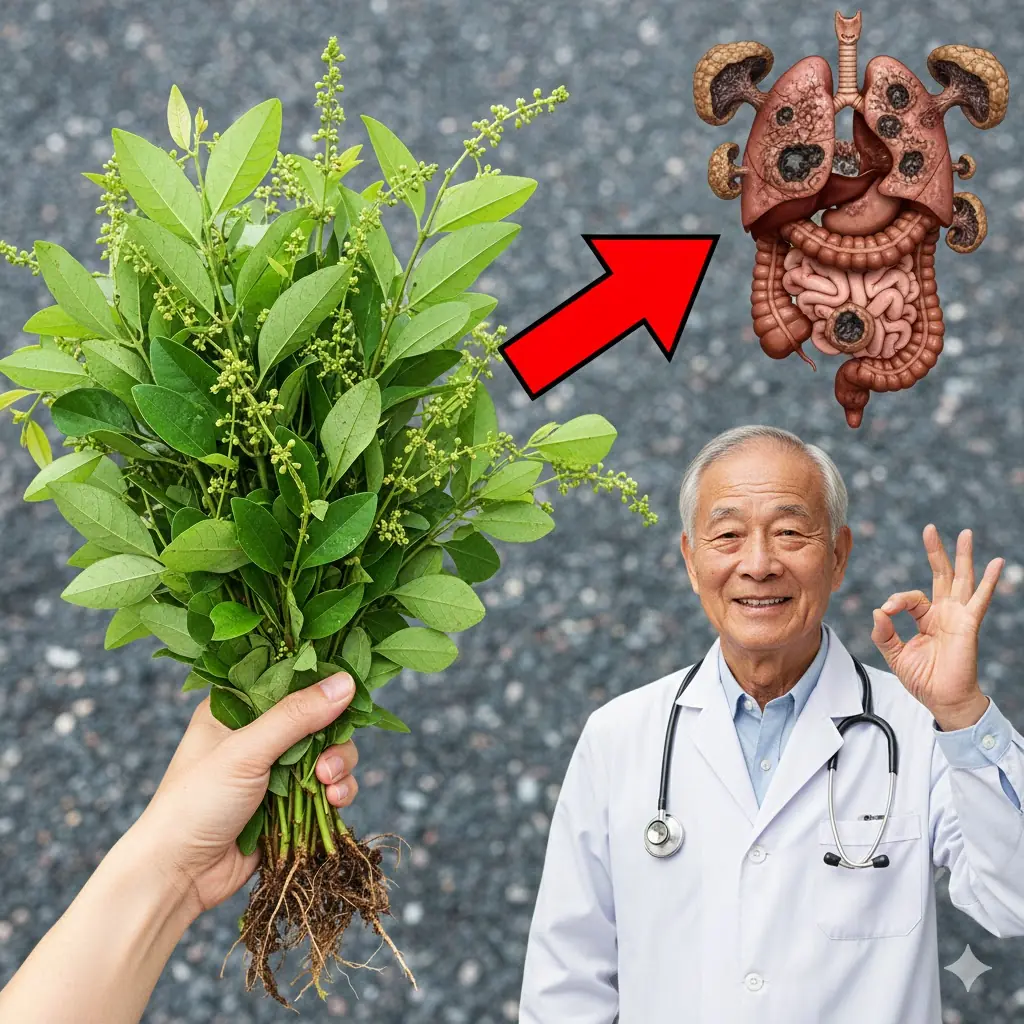
🌿 The Humble Garden Herb with Remarkable Traditional Uses
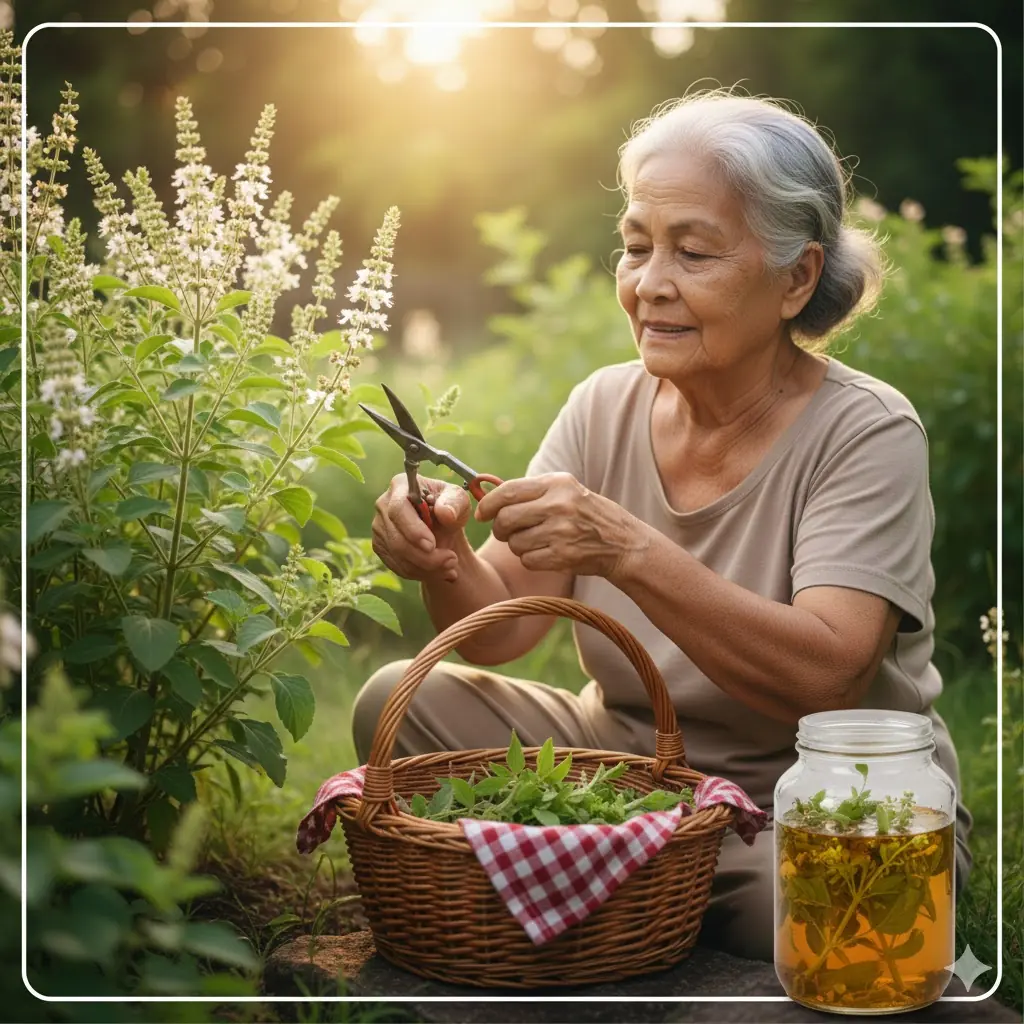
🌸 Don’t Throw Away Your Basil Flowers: 8 Smart Ways to Use Them
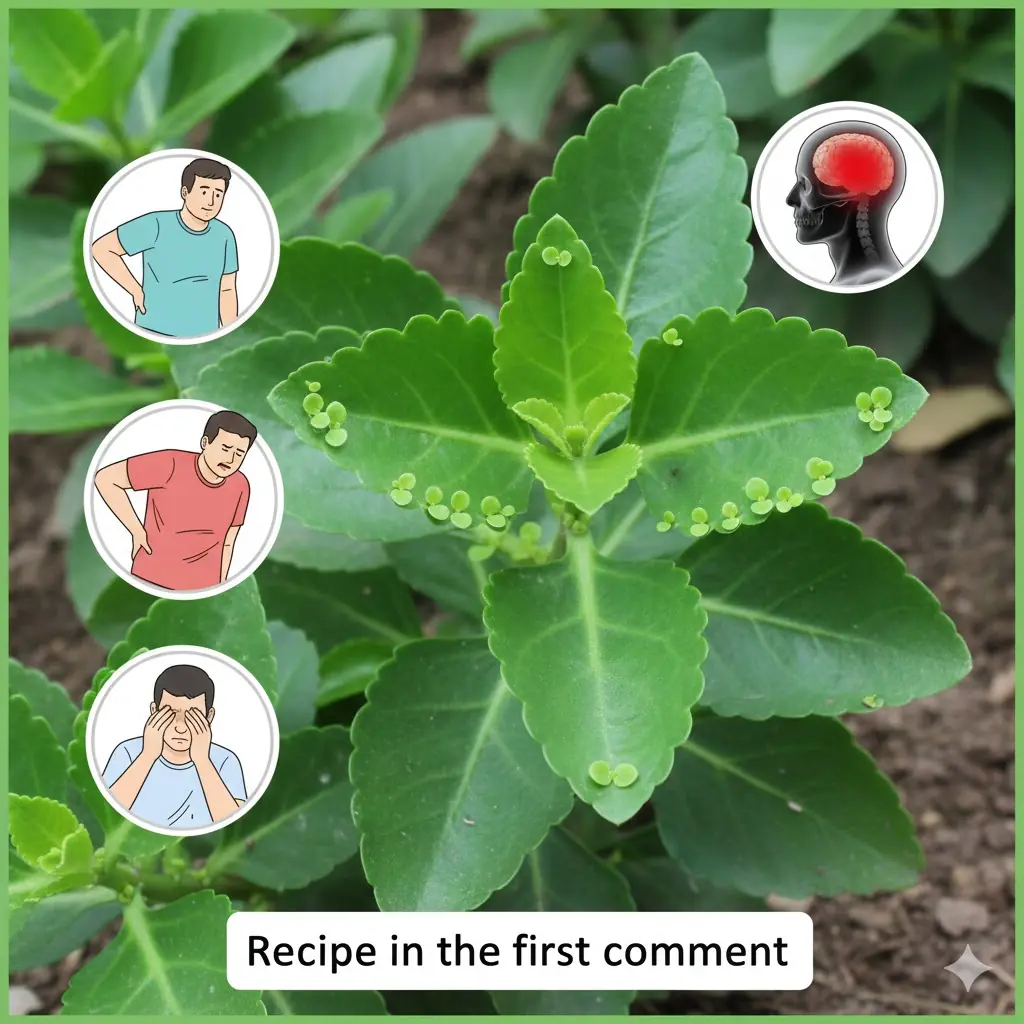
Kalanchoe: Benefits, Traditional Uses, and How to Use It Safely
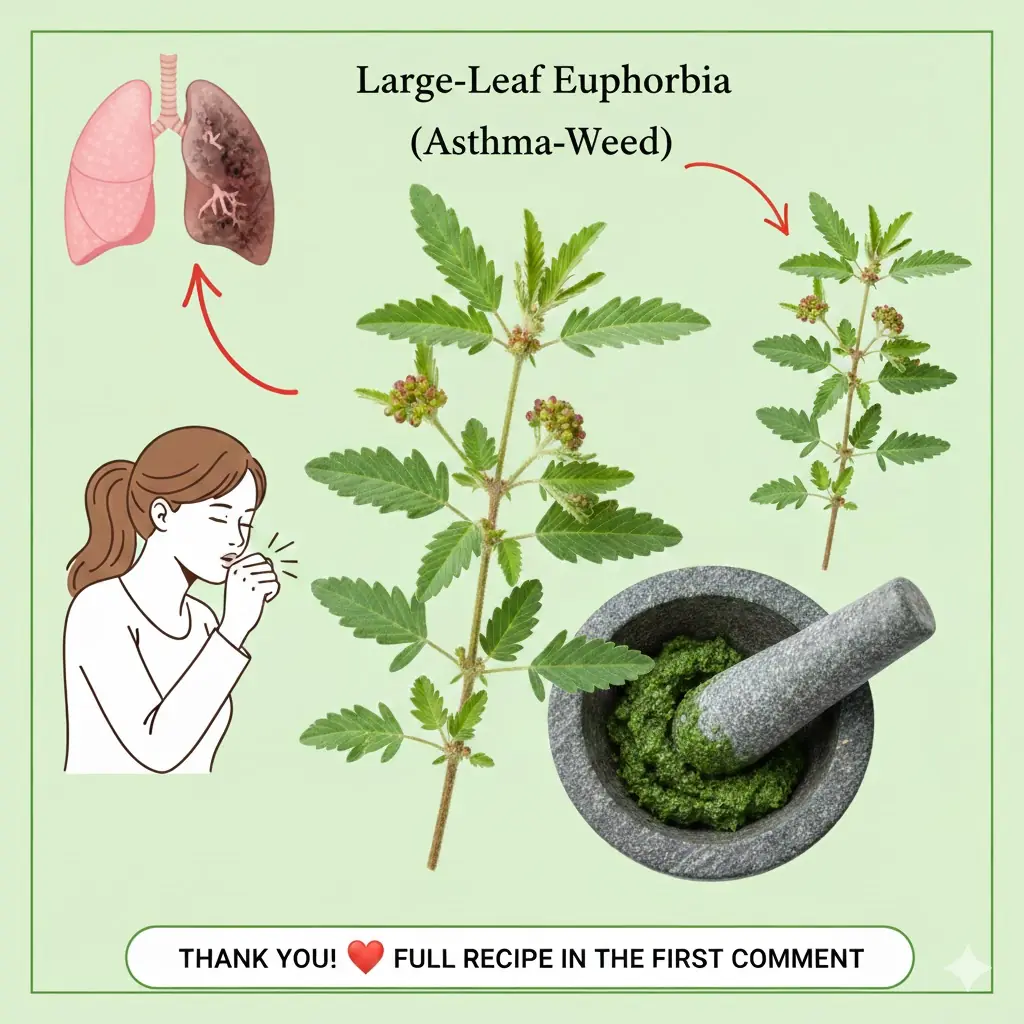
✨ Euphorbia Hirta: 30 Remarkable Health Benefits & Essential Safety Secrets You Should Know

Boy Slaps Girl at Mall – The Janitor’s Response Shocks Everyone

The Breuss 42-Day Juice Therapy: An Evidence-Based Look at a Controversial Regimen

That Nagging Symptom You Keep Ignoring? Your Body Is Trying to Tell You Something.

10 Bizarre Home Remedies

See if you fall into this group!

How to Keep Salad Greens Fresh Longer

🌿 Why Placing Mullein Leaves on the Soles of Your Feet Is a Surprisingly Gentle Natural Practice

🌿 Restore Crystal-Clear Vision: The Hidden Power of Oregano for Eye Wellness
